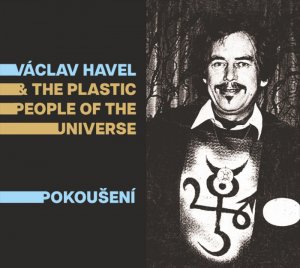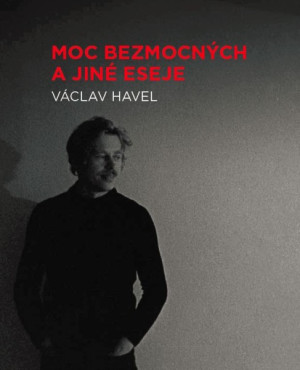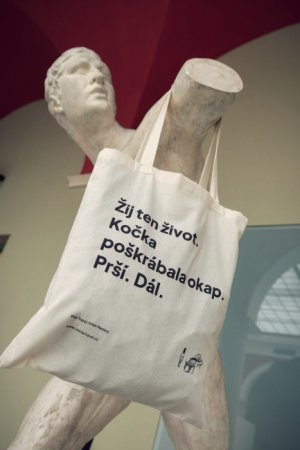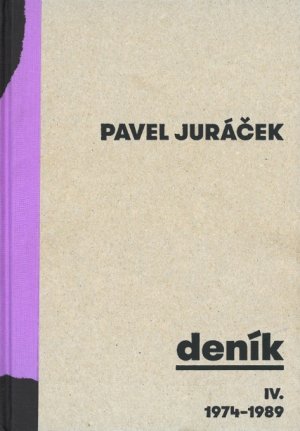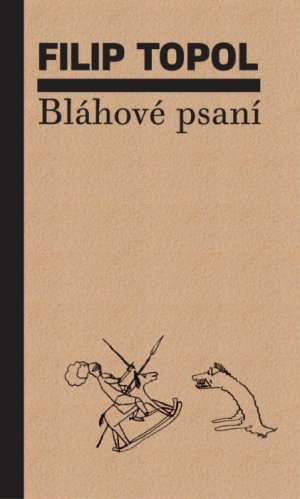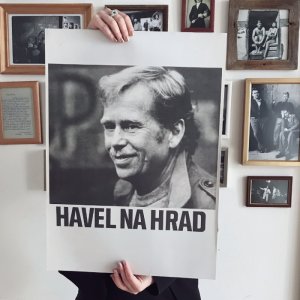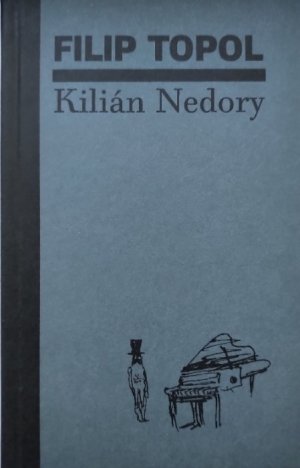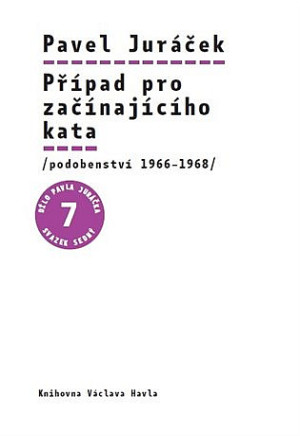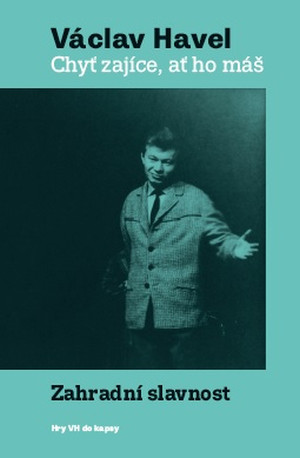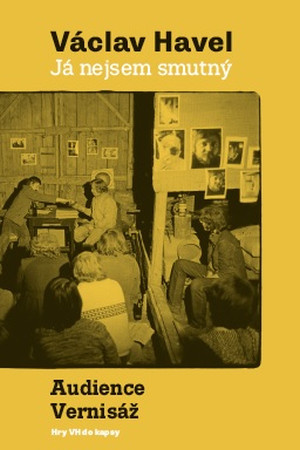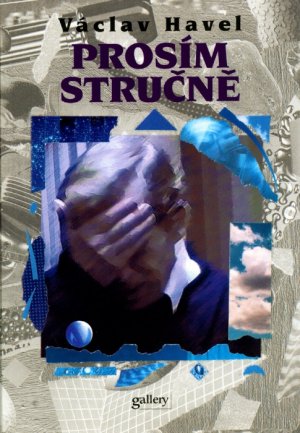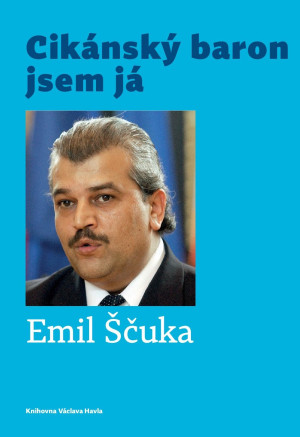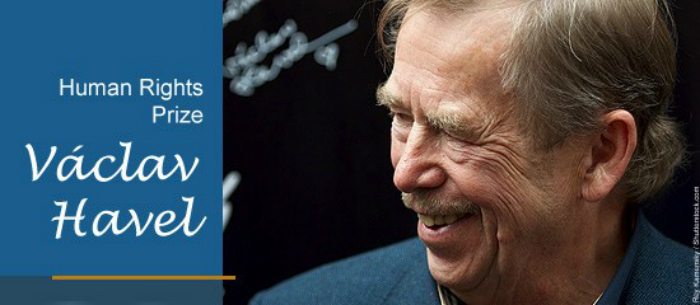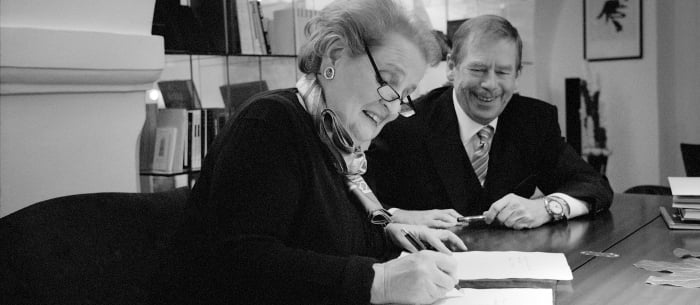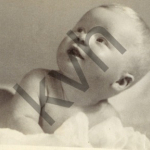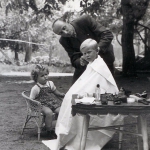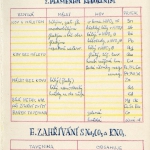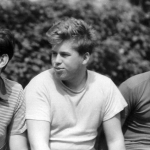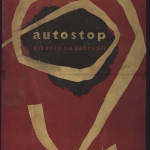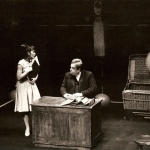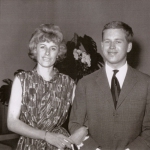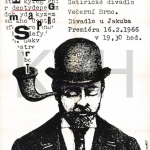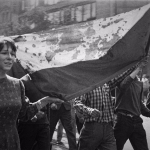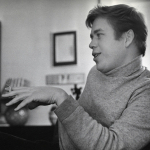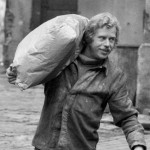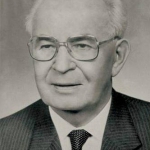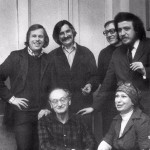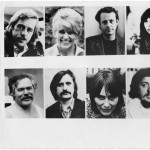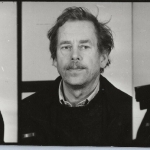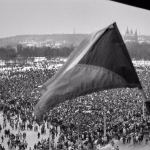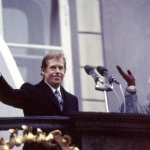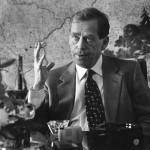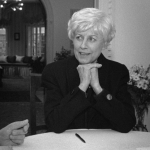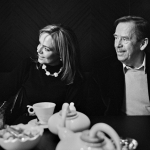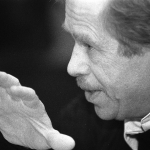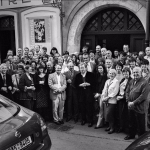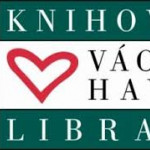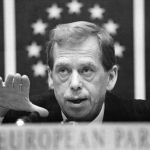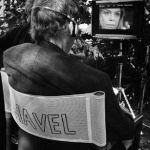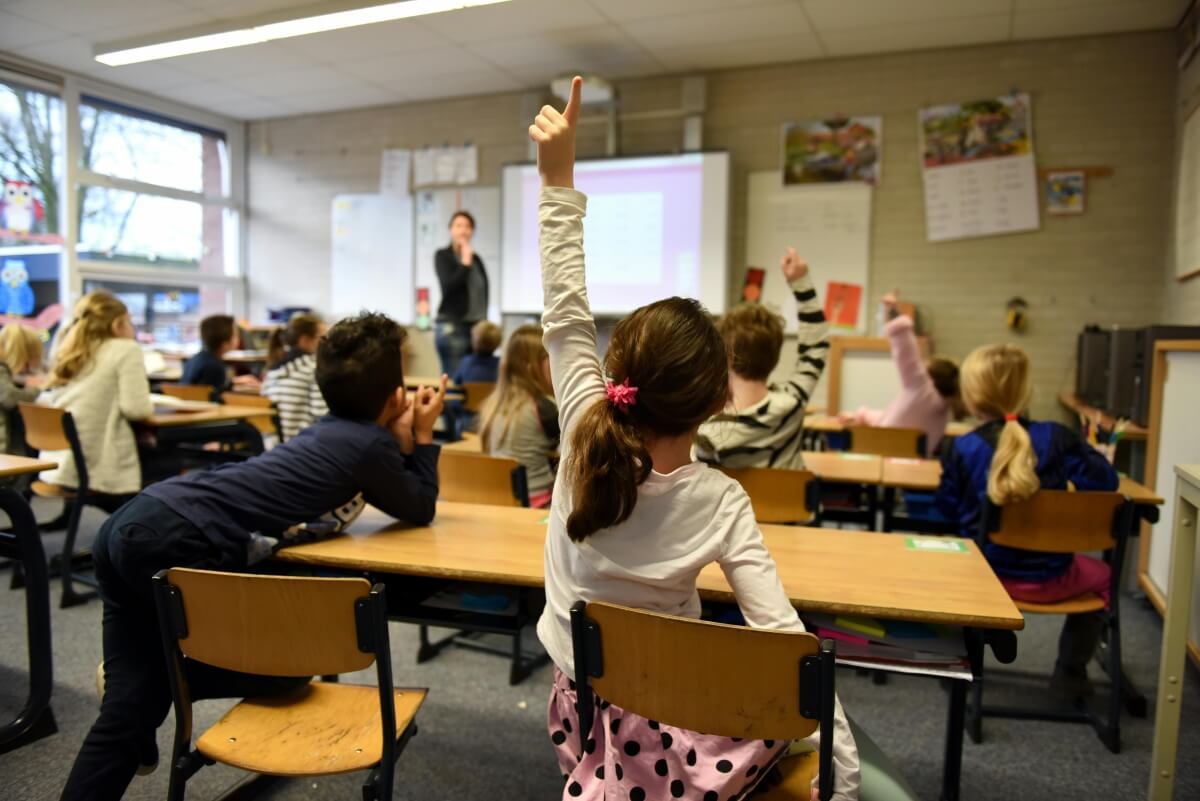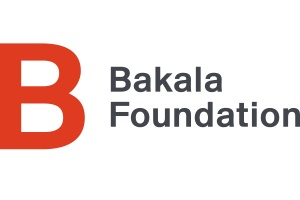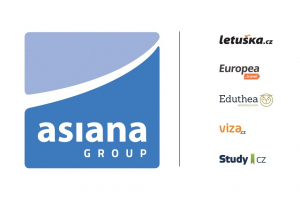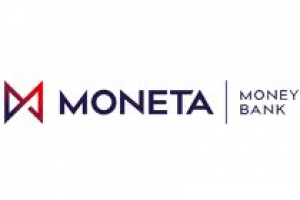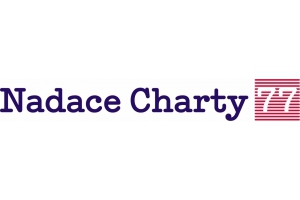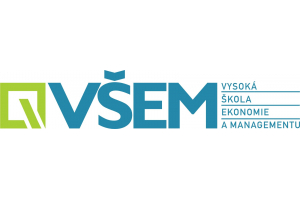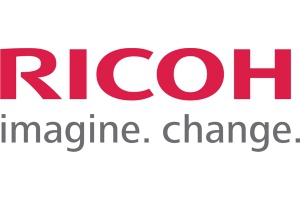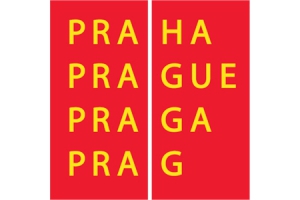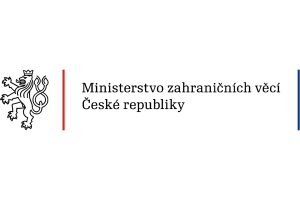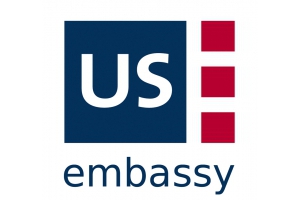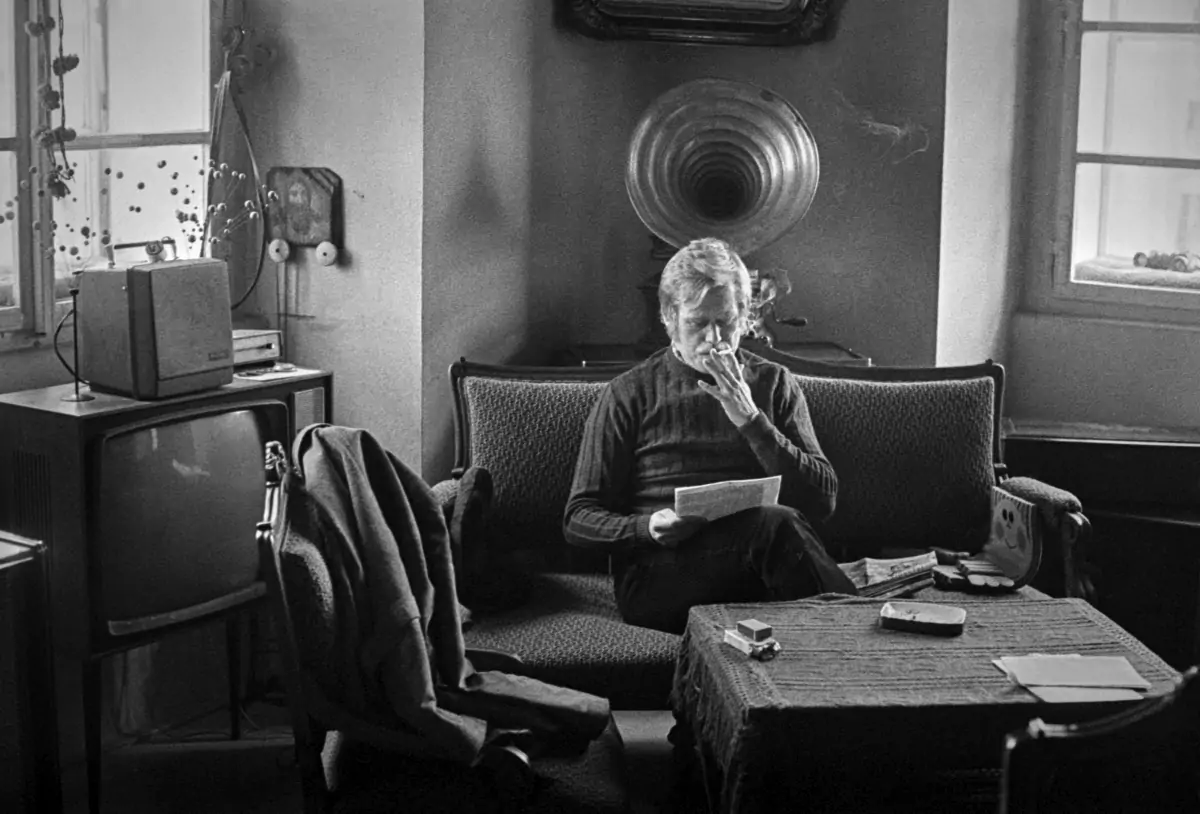
Club / News / Program
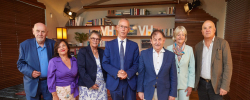
Three candidates shortlisted for the 2023 Václav Havel Prize 05/09/23
The selection panel of the Václav Havel Human Rights Prize, which rewards outstanding civil society action in defence of human rights in Europe and beyond, has today announced the shortlist for the 2023 Award. Meeting in Prague today, the panel – made up of independent figures from the world of human rights and chaired by the President of the Parliamentary Assembly of the Council of Europe (PACE) Tiny Kox – decided to shortlist the following three nominees, in alphabetical order: More
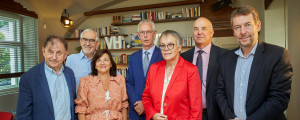
Three candidates shortlisted for the 2022 Václav Havel Human Rights Prize 06/09/22
The discussion among the seven-member jury helmed by the president of the Parliamentary Assembly of the Council of Europe centred on the importance of the issue of human rights during this tense period. The finalists include Vladimir Kara-Murza, a political prisoner and leading Russian democracy campaigner; Ukraine’s 5 AM Coalition, which gathers evidence of human rights abuses stemming from Russia’s invasion of the country; and Hungary’s Rainbow Coalition defending LGBTQIA+ rights. “This year’s selection reflects the central role that human rights play in the current European crisis,” says Michael Žantovský, jury member and executive director of the Václav Havel Library, which bestows the prize in cooperation with the Parliamentary Assembly of the Council of Europe and Nadace Charty 77.
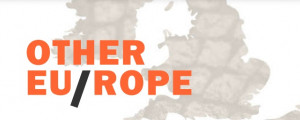
The Other Europe 27/04/22
Dear Friends, After three years we have completed the international project The Other Europe, during which, in cooperation with partner institutions, we have processed and made public recordings of interviews shot in 1987 and 1988 behind the Iron Curtain, and in exile, with important representatives of the opposition and the arts, as well as random citizens. Over those three years we have prepared video, audio and text of 106 interviews in speakers’ native languages and English translation. Despite public health restrictions in the Covid period, we have jointly prepared 16 international conferences and public presentations in six Central and Eastern European states. More
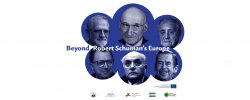
From Schuman to Havel – what next? 16/02/22
The Václav Havel Library is a proud partner of the project Beyond Robert Schuman’s Europe More
Program for February 2020<>
entry-free
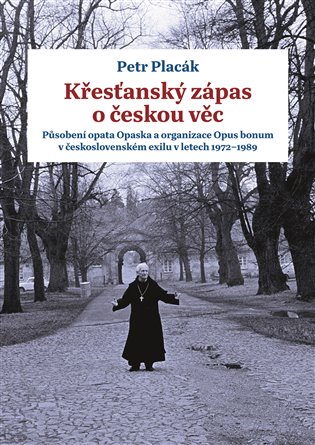
A Christian Struggle – Anastáz Opasek and Opus Bonum
- Where: Václav Havel Library, Ostrovní 13, Prague 110 00
- When: February 6, 2020, 19:00 – 21:00
Petr Placák will introduce his new book Křesťanský zápas o českou věc – Působení opata Opaska a organizace Opus bonum v čs. exilu (A Christian Struggle with a Czech Focus – Abbot Opasek’s Activities and the Opus Bonum Organisation in the Czechoslovak Exile Community). The book explores one of the most notable anti-communist initiatives when thanks to their openness a broad variety of streams in the exile community managed to come together via the Roman Catholic Church. These included conservatives, liberals and greens, as well as former Communists, members of the Czech nobility, representatives of the Czechoslovak underground, Catholics and Evangelicals and activists of Jewish origin.
Guests at the book’s launch will include the writer Ivan Binar, Dana Němcová, Vienna pub operator Jiří Chmel and Radio Free Europe editor Martin Schulz.
Dáša Vokatá will conclude the evening by singing the exiles’ anthem.
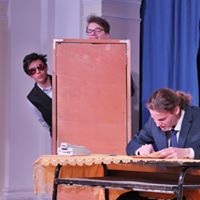
Václav Havel: The Memorandum
- Where: Václav Havel Library, Ostrovní 13, Prague 110 00
- When: February 10, 2020, 19:00 – 21:00
The theatre group at Prague’s Jan Neruda Gymnasium will perform the play, directed by Filip H. Härtel.
The protagonist of The Memorandum (1965) is not a particular individual but ptydepe, an omnipresent – yet elusive, incomprehensible and unmanageable – artificial language. Václav Havel demonstrates language’s immense power over mankind. Over our thoughts, actions and attitudes. But above all, he shows how easy it is to become part of such an artificial and ultimately nonsensical and aimless system in which we can in the end lose ourselves.
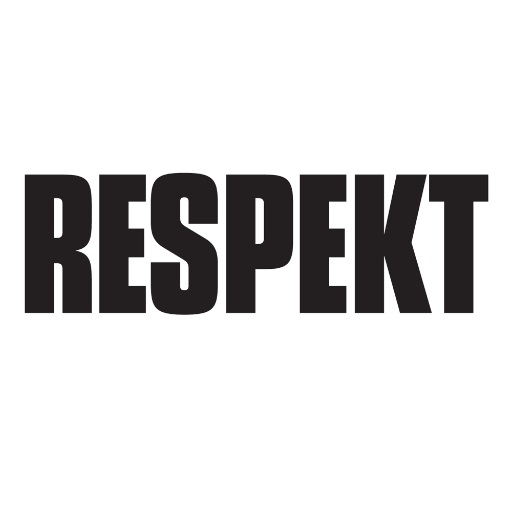
Debate with Respekt
- Where: Václav Havel Library, Ostrovní 13, Prague 110 00
- When: February 11, 2020, 19:00 – 21:00
Discussion involving editors from the weekly Respekt and their guests on a topical issue. For more information visit www.Václavhavel.cz
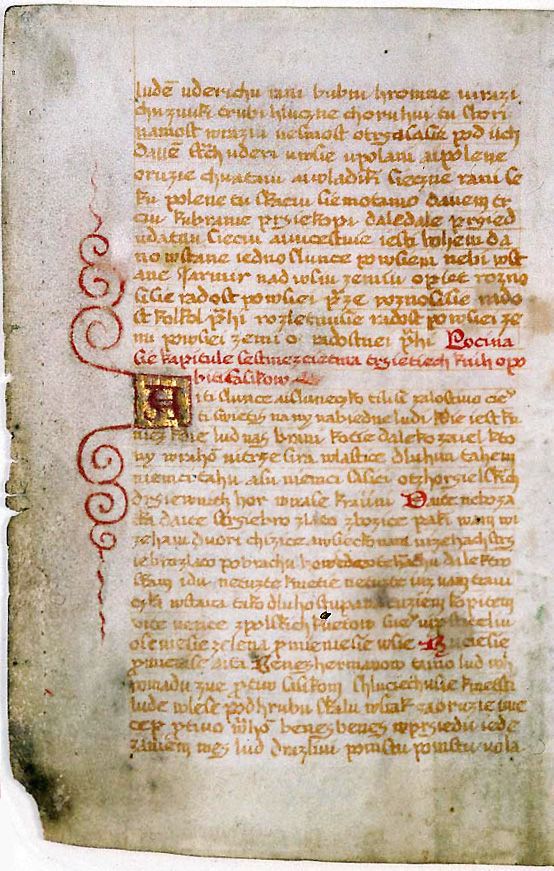
Czech Hoaxes – The Green Mountain and Queen’s Court Manuscripts Within Us
- Where: Václav Havel Library, Ostrovní 13, Prague 110 00
- When: February 12, 2020, 17:00 – 19:00
How did it come to pass that among the key symbols in the shaping of modern Czech identity were hoaxes that, what’s more, also represented the Czechs in 19th century Europe? Were contemporary journalists who claimed that the entire Czech National Revival was built on a lie correct? How did Czechs encounter and contend with these hoaxes? And how is that clash instructive today in the 21st century, when eternal national identity is again a political issue and new techniques of manipulating it are being employed?
Czech historical fictions and hoaxes, their role and how to come to terms with them in art and public life will be among the issues discussed by Miroslav Pudlák, writer of the opera Sasíci v Čechách aneb marnost boje proti RKZ (The Saxons in Bohemia, or the Pointlessness of the Struggle Against the Green Mountain Manuscript) and the authors of the monograph Rukopisy královédvorský a zelenohorský v kultuře a umění (The Queen’s Court and Green Mountain Manuscripts in Culture and Art) (Academia 2019).
The event will be moderated by Dalibor Dobiáš from the Institute for Czech Literature of the Czech Academy of Sciences.

Argo Publishing House Presents
- Where: Václav Havel Library, Ostrovní 13, Prague 110 00
- When: February 13, 2020, 19:00 – 21:00
Five Czech novelists who publish on the Argo imprint will present their latest works. The writers will also discuss revolutionary changes in the method/quantity/quality of reading today and the influence of readers’ new habits on their art, the need for fantasy in real life, the necessity of knocking the realist novel off its pedestal and the motivation and the passion of the author.
Kateřina Kadlecová, a journalist with the weekly Reflex, will chair this debate involving Argo publishing house authors Kateřina Blažková, Pavel Bušta, Vratislav Kadlec, Igor Malijevský and Michal Vrba.
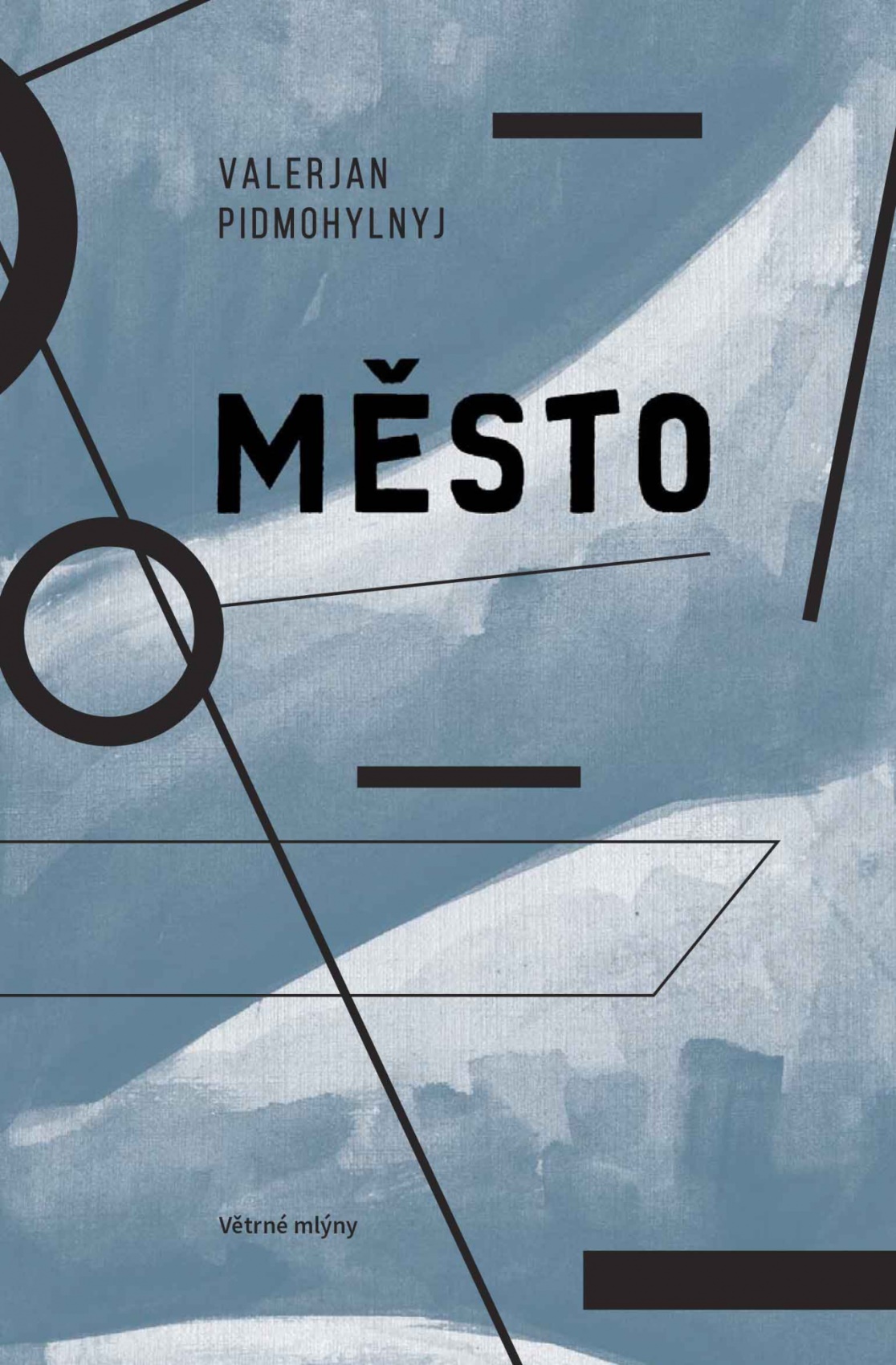
Valerian Pidmohylny: The City
- Where: Václav Havel Library, Ostrovní 13, Prague 110 00
- When: February 18, 2020, 19:00 – 21:00
An encounter with a Ukrainian cult novel translated into Czech by Miroslav Tomek. Valerian Pidmohylny’s The City is both an adventure and philosophical novel that stands up creditably, and playfully, within the context of European modernism. The story of a young man who leaves his native village to become an engineer and spread learning initially comes across as schematic, even naive. But only because the young man is himself naive. Will the city grind down the hero and rob him of his ideals? Yes and no. The city doesn’t respond to these questions but raises fresh ones. It forces the protagonist to encounter himself, to run up against his own desires and sexuality, to let himself down, to find a calling. It was just this ambivalence and non-schematic approach that saw the novel dubbed anti-Soviet. Its writer Pidmohylny (1901–1937) died during the purges.
Ukrainian Studies expert Tereza Chlaňová and poet Marie Iljašenko will discuss the difficulties of translating literary classics with translator Tomek.
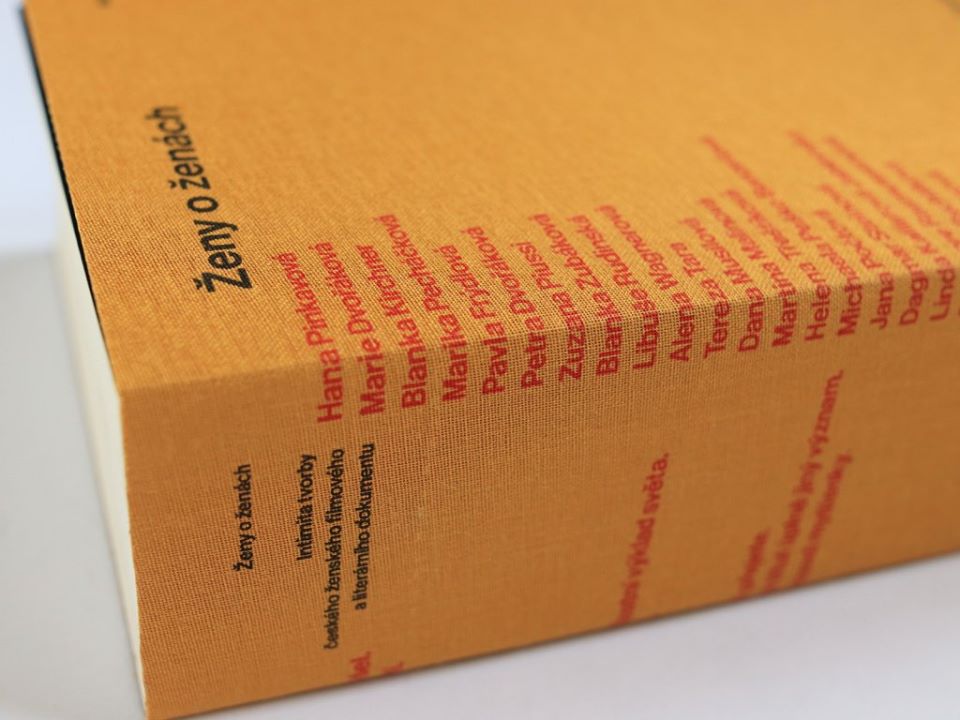
Women on Women
- Where: Václav Havel Library, Ostrovní 13, Prague 110 00
- When: February 19, 2020, 19:00 – 21:00
Twenty-eight interviews with 29 film and literary documentarians working in the Czech Republic have been published in the volume Ženy o ženách (Women on Women). In the book, author Barbora Baronová explores her interviewees’ artistic motivations, how they select themes and their relationship to key aspects of documentary work, such as censorship, engagement and therapy. Last but not least, she discusses with her subjects the issues of gender, the role of institutions in documentary work and financing.
The book contains interviews with novelist Petra Dvořáková, Slovak filmmaker Zuzana Piussi, writer Alena Wagnerová, artist and personal development instructor Tereza Tara, history professor Dana Musilová, filmmaker Helena Třeštíková, art theorist Michaela Peško Banzetová, ethnographer Eleanore Rasmussen, activist and documentary filmmaker Apolena Rychlíková, documentary filmmaker Olga Sommerová, sociologist Marcela Linková, journalist and author Judita Matyášová, journalist and humanitarian worker Petra Procházková and more.
Bára Šichanová will host the evening and helm a talk with Barbora Baronová.
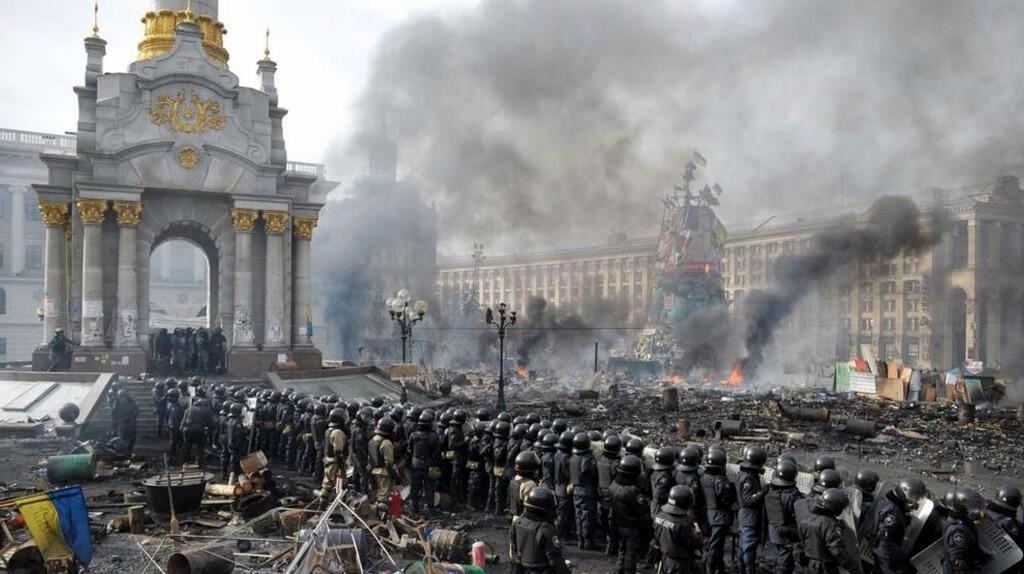
How Kiev’s Maidan Changed Ukrainian Society
- Where: Václav Havel Library, Ostrovní 13, Prague 110 00
- When: February 20, 2020, 19:00 – 21:00
On February 20 it is six years since the bloody events of the revolution of dignity at Kiev’s Maidan square. Its primary outcome was not political change in the country but first and foremost the birth of a strong civic society that has been an active participant in, or even initiator of, positive change in recent years. How did Ukraine change during and after the Maidan? How did former revolutionaries turn into reformers of their country, and how successful have they been?
Taking part in the debate will be historian and journalist Oleksandr Zinchenko, one of the most important Maidan activists (who also pushed through the renaming of a Kiev street as Václav Havel Street) and David Stulík, an analyst at the European Values think tank who served as press spokesperson of the European Commission in Kiev at the time of the Maidan.
Interpretation into Czech provided.
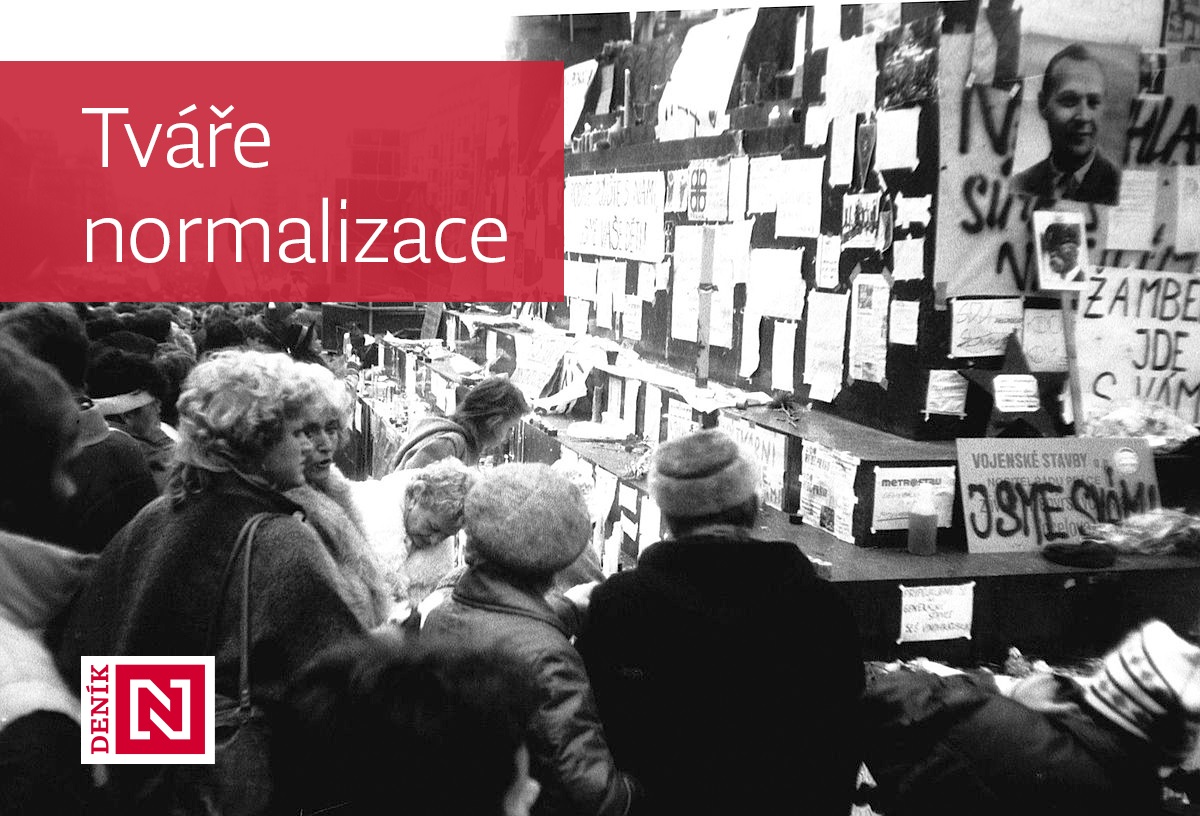
Faces of Normalisation
- Where: Václav Havel Library, Ostrovní 13, Prague 110 00
- When: February 25, 2020, 19:00 – 21:00
Normalization has earned a reputation in society of being a bearable, “goulash” communism, during which people escaped to their cottage or the records of Karel Gott. In reality, it spelled years of devastation. Societal apathy, lethargy and unwillingness to accept liberty or responsibility were all rooted not in the gallows of the 1950s or Jáchymov’s Tower of Death, but in the regime brought in by Soviet tanks in August 1968. Precisely because of a creeping degradation of the spirit and will of the majority, it is worth remembering how tremendously evil and distorted the period was.
The book Tváře normalizace (Faces of Normalisation) has been brought out by Deník N as a contribution to the mosaic of understanding of the country’s past. The authors opted to tell specific human stories that, despite their specificity, deliver a stronger sense of the mechanisms and atmosphere of the time than academic studies. Together, the stories of the regime’s well-known and rank and file protagonists form a convincing portrait of that time.
The publication will be discussed by historian Libor Svoboda, writer Jiří Padevět and its editors Eliška Černá and Jan Wirnitzer.
Introduced by Ján Simkanič, director of publishers N Media.
Deník N journalist Jana Ustohalová will moderate.
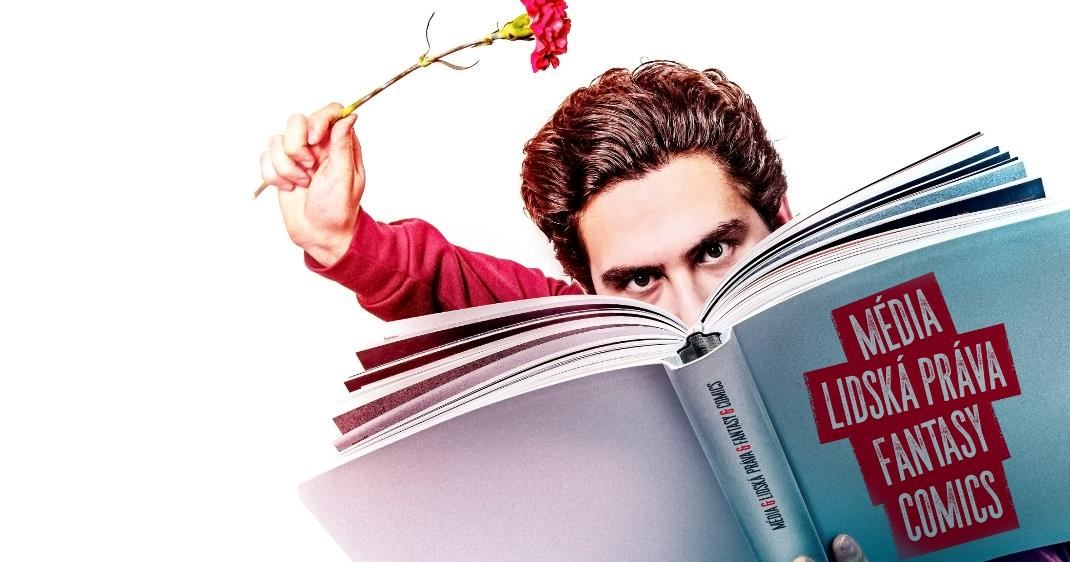
Ostrava Book Festival
- Where: The Černá louka Exposition Grounds, Ostrava
- When: February 28, 2020, 10:00 – February 29, 2020, 18:00
Encounter with the Václav Havel Library at the largest book festival in the Moravian Silesian Region. The library’s publications and merchandise will be on sale.
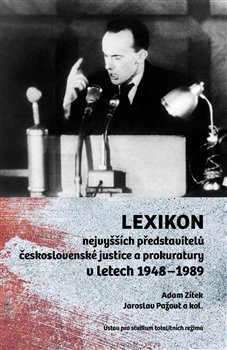
An Orwellian Ministry of Truth? Debate on the Czechoslovak Judicial System of the 1950s
- Where: Václav Havel Library, Ostrovní 13, Prague 110 00
- When: February 28, 2020, 17:00 – 19:00
Two new publications exploring the Czechoslovak judicial system of the 1950s, Lexikon nejvyšších představitelů československé justice a prokuratury v letech 1948–1989 (Lexicon of Senior Representatives of the Czechoslovak Judicial and Prosecution Systems, 1948–1989) and Ministerstvo spravedlnosti v letech 1948–1953 (The Ministry of Justice, 1948–1953), will be presented during this discussion with representatives of Charles University’s Faculty of Law and the Institute for the Study of Totalitarian Regimes.
Guests: historians Jaroslav Pažout and Adam Zítek and legal historians Lukáš Blažek, Ivana Bláhová and Daniela Němečková.
Organised by the Václav Havel Library in cooperation with the Institute for the Study of Totalitarian Regimes as part of the 14th edition of the Mene Tekel festival against totalitarianism, evil and violence and for national memory.
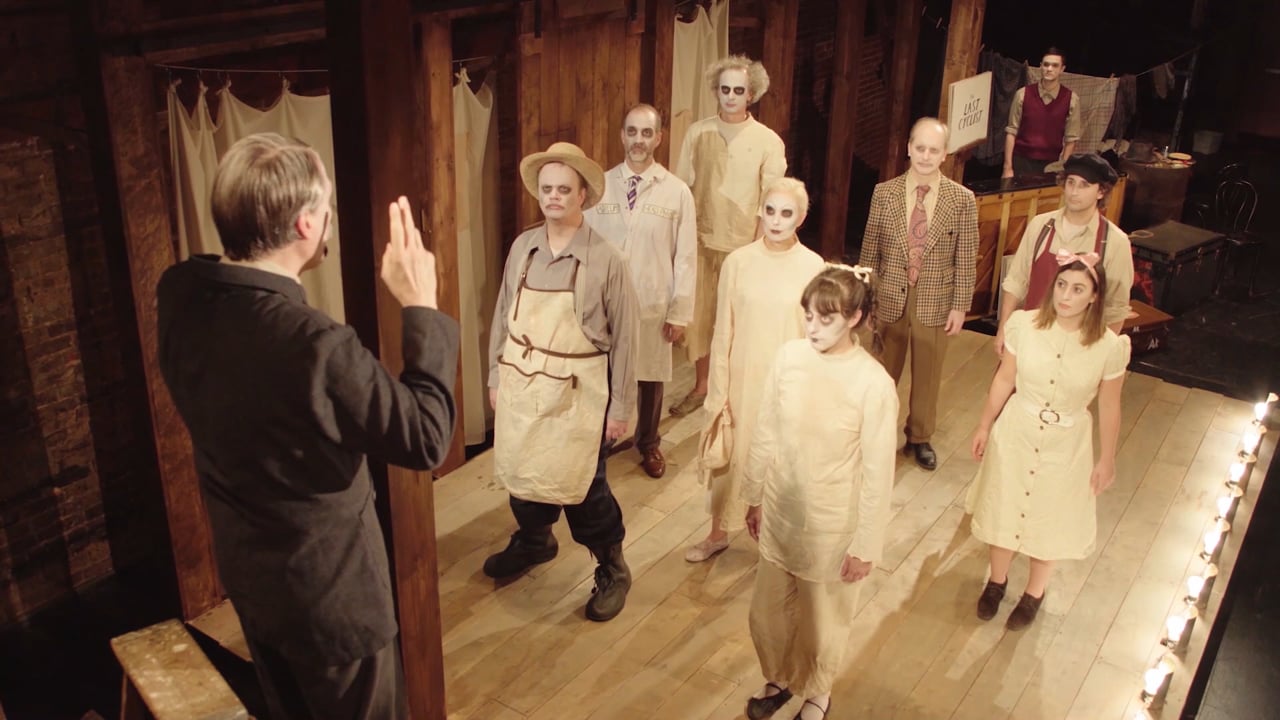
Screening of The Last Cyclist
- Where: Václav Havel Library, Ostrovní 13, Prague 110 00
- When: February 28, 2020, 19:00 – 21:00
Virtually unknown in the Czech Republic, Karel Švenk’s satirical and allegorical cabaret comedy The Last Cyclist was created at the Terezín concentration camp but never made it past dress rehearsals.
Jana Šedová, who played Mánička, was the only original cast member to survive the Holocaust. In 1961, with the help of Darek Vostřel, she reconstructed it “from memory”. This version was the basis for a play by American writer Naomi Patz that has been performed many times, particularly at universities in the US and Mexico. A 2017 production by Edward Einhorn at the La MaMa Theater was filmed and will be presented to viewers – almost symbolically – at the Václav Havel Library.
Einhorn, a director and playwright, heads New York’s Untitled Theater #61: A Theater of Ideas, which he set up 25 years ago. His authorial and directorial focus has been marked by two passions: Jewish culture and Theatre of the Absurd. Both gradually led him also to Czech culture. In 2006 he organised the now legendary Havel Festival in New York, during which the complete plays of Václav Havel were performed, most with the author in attendance. Einhorn also organised a festival of Jewish theatre in New York in 2009.
Organised by the Václav Havel Library as part of the 14th edition of the Mene Tekel festival against totalitarianism, evil and violence and for national memory.
Havel Channel
Havel Channel je audiovizuální projekt Knihovny Václava Havla, jehož cílem je šířit myšlenkový, literární a politický odkaz Václava Havla, bez ohledu na vzdálenost, zeměpisné hranice či nouzové stavy. Jeho páteř tvoří debaty, vzdělávací projekty a rozhovory. Velký prostor je věnován též konferencím, autorským čtením, záznamům divadelních inscenací a koncertům. Audiovizuální projekt Knihovny Václava Havla Havel Channel se uskutečňuje díky laskavé podpoře Karel Komárek Family Foundation.
Publications / E-shop
The central focus of the Library’s publishing programme is the life and work of Václav Havel, his family and close collaborators and friends. For clarity, the programme is divided into six series: Václav Havel Library Notebooks, Václav Havel Library Editions, Student Line, Talks from Lány, Václav Havel Documents, Works of Pavel Juráček and Václav Havel Library Conferences. Titles that cannot be incorporated into any of the given series but which are nonetheless important for the Library’s publishing activities are issued independently, outside the series framework.
Diary IV. 1974–1989
399,- CZK
Foolish Writing
299,- CZK
Havel to the Castle
149,- CZK
Kilián Nedory
199,- CZK
Case for a Novice Headsman
199,- CZK
I am not sad. Audience & Vernissage
129,- CZK
To the Castle and Back
249,- CZK
I am the Gypsy Baron
299,- CZK
Conferences & prizes
Václav Havel European Dialogues
The Václav Havel European Dialogues is an international project that aims to initiate and stimulate a discussion about issues determining the direction of contemporary Europe while referring to the European spiritual legacy of Václav Havel. This idea takes its main inspiration from Václav Havel’s essay “Power of the Powerless”. More than other similarly focused projects, the Václav Havel European Dialogues aims to offer the “powerless” a platform to express themselves and in so doing to boost their position within Europe.
The Václav Havel European Dialogues is planned as a long-term project and involves cooperation with other organisations in various European cities. Individual meetings, which take the form of a conference, are targeted primarily at secondary and third-level students, as well as specialists and members of the public interested in European issues.
Prague 2022Olomouc Prague 2023PragueMnichov 2020Brussels 2020Prague 2019Brussels 2019Prague 2018Brussels 2018Europe at the Crossroads (e-book)Prague 2017Brussels 2017Prague 2016Brussels 2016Prague 2015Brussels 2015Brussels 2014Berlin 2014Prague 2014 - J. GauckBruges 2014Prague 2014
Václav Havel Human Rights Prize
The Václav Havel Human Rights Prize is awarded each year by the Parliamentary Assembly of the Council of Europe (PACE) in partnership with the Václav Havel Library and the Charta 77 Foundation to reward outstanding civil society action in the defence of human rights in Europe and beyond.
11th Year of the Prize (2023)10th Year of the Prize (2022)9th Year of the Prize (2021)8th Year of the Prize (2020)7th Year of the Prize (2019)6th Year of the Prize (2018)5th Year of the Prize (2017)4th Year of the Prize (2016)3rd Year of the Prize (2015)2nd Year of the Prize (2014)1st Year of the Prize (2013)History of the prize
Havel - Albright Transatlantic Dialogues
Since the first Václav Havel Transatlantic Dialogues at GLOBSEC and FORUM 2000 conferences last year, we have lost another stalwart advocate of the transatlantic bond and of the need to face threats to democracy and international order together on both sides of the Atlantic, the former US Secretary of State Madeleine Albright. In view of the close bond between Václav Havel and Madeleine Albright and, after Havel's death, between the Secretary and the Library, the Václav Havel Library, with the approval of Madeleine Albright's family, renamed and rebranded the program as The Havel-Albright Transatlantic Dialogues (HATD), after the two major figures with roots in Central Europe who have personified the bond. Together, Václav Havel and Madeleine Albright symbolize the transatlantic relationship and the fundamental values underpinning it perhaps better than any other two people in recent history. The upcoming Dialogues “The Indispensable Woman: The Legacy of Madeleine K. Albright”, at the FORUM 2000 conference on September 1, and at the “Havel and our Crisis” conference at Colby College, ME, on September 28, will thus become venues for a well-deserved tribute to the pair we all respected and admired.
Transatlantic Dialogues 2021Transatlantic Dialogues 2022HATD 2022 Prague
Václav Havel
Václav Havel
* 5. 10. 1936 Praha
† 18. 12. 2011 Hrádeček u Trutnova
- spisovatel a dramatik, publicista a filozof
- jeden z trojice prvních mluvčích Charty 77
- vůdčí autorita československé společenské změny v listopadu 1989
- poslední prezident Československa a
- první prezident České republiky
- celoživotní zastánce lidských práv a svobod doma i ve světě.
Educational projects
Archive / Documentation centre / Research projects
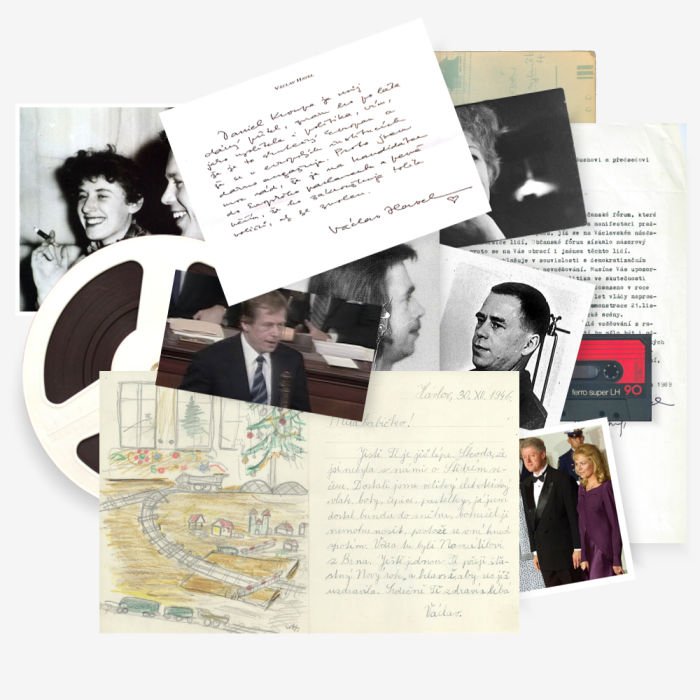
The Václav Havel Library is gradually gathering, digitizing, and making accessible written materials, photographs, sound recordings and other materials linked to the person of Václav Havel.
- 70971 records in total
- 27900 of events in the VH's life
- 2831 of VH's texts
- 2125 of photos
- 403of videos
- 568of audios
- 6604of letters
- 15101of texts about VH
- 8269 of books
- 40702of bibliography records
Access to the database of the VHL’s archives is free and possible after registering as a user. Accessing archival materials that exist in an unreadable form is only possible at the reading room of the Václav Havel Library, Ostrovní 13, 110 00 Prague 1, every Tuesday (except state holidays) from 9:00 to 17:00, or by prior appointment.
We will be glad to answer your queries at archiv@vaclavhavel-library.org.
Sign in (registered users only)
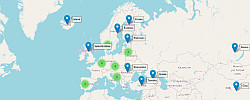
Havel in a nutshell
The virtual exhibition Václav Havel in a Nutshell places the life story of Václav Havel in the broader cultural and historic context in four chronologically distinct chapters with rich visual accompaniment. The exhibition is supplemented by the interactive map Flying the World with Václav Havel, which captures in physical form Havel’s global “footprint”.

Vladimir Hanzel's revolution
Collage of recollections, images and sound recordings from Vladimír Hanzel, President Václav Havel’s personal secretary, bringing the feverish atmosphere of the Velvet Revolution to life.
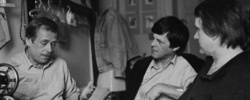
Václav Havel Interviews
A database of all accessible interviews given to print media outlets by the dramatist, writer and political activist Václav Havel between the 1960s and 1989. The resulting collection documents the extraordinary life story of an individual, as well as capturing a specific picture of modern Czechoslovak history at a time when being a free-thinker was more likely to lead to jail than an official public post.

Pavel Juráček Archive
The Pavel Juráček Archive arose in February 2014 when his son Marek Juráček handed over six banana boxes and a typewriter case from his father’s estate to the Václav Havel Library. Thousands of pages of manuscripts, typescripts, photographs, documents and personal and official correspondence are gradually being classified and digitalised. The result of this work should be not only to map the life and work of one of the key figures of the New Wave of Czechoslovak film in the 1960s, but also to make his literary works accessible in the book series The Works of Pavel Juráček.
The aim of the Václav Havel Library is to ensure that Pavel Juráček finds a place in the broader cultural consciousness and to notionally build on the deep friendship he shared with Václav Havel. Soon after Juráček’s death in 1989 Havel said of him: “Pavel was a friend of mine whom I liked very much. He was one of the most sensitive and gentle people I have known – that’s why I cannot write more about him.”
All about Library
The Václav Havel Library works to preserve the legacy of Václav Havel, literary, theatrical and also political, in particular his struggle for freedom, democracy and the defence of human rights. It supports research and education on the life, values and times of Václav Havel as well as the enduring significance of his ideas for both the present and future.
The Václav Havel Library also strives to develop civil society and active civic life, serving as a platform for discussion on issues related to the support and defence of liberty and democracy, both in the Czech Republic and internationally.
The main aims of the Václav Havel Library include
- Organizing archival, archival-research, documentary, museum and library activities focused on the work of Vaclav Havel and documents or objects related to his activities, and carries out professional analysis of their influence on the life and self-reflection of society
- Serving, in a suitable manner, such as through exhibitions, the purpose of education and popularisation functions, thus presenting to the public the historical significance of the fight for human rights and freedoms in the totalitarian period and the formation of civil society during the establishment of democracy
- Organizing scientific research and publication activities in its areas of interest
Podpořte nás
We are well aware that freedom and democracy must be nurtured. Here at Ostrovní 13, but also on the audiovisual platform Havel Channel, we strive to do so through our own educational programmes, talks, discussion meetings, books, exhibitions, concerts, theatre performances. We honour Václav Havel's legacy and wish that the Library be a living organism and open to all. That is why our programme is free of charge for everyone. This would not be possible without regular financial support from our supporters. Become one of them...
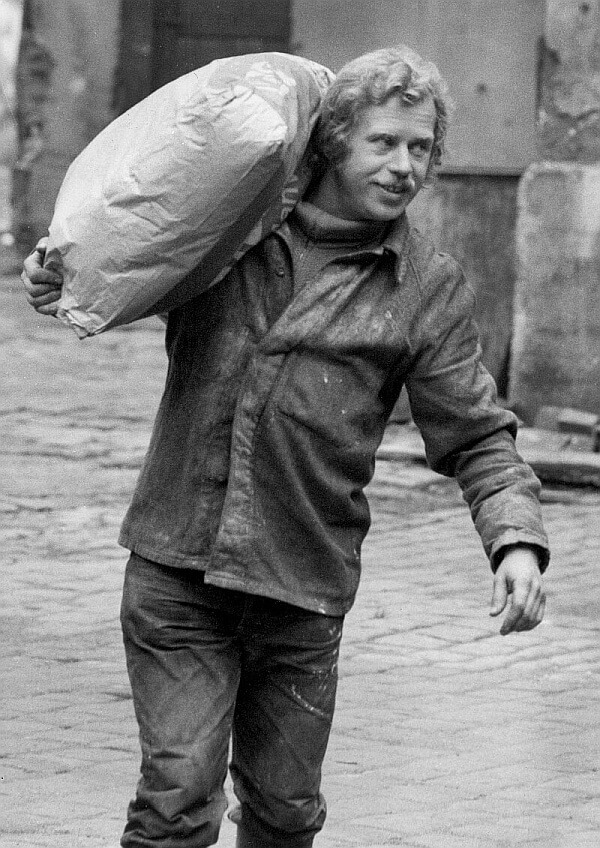
Support us with a financial donation
Does our work make sense to you and do you want to support the activities of the Vaclav Havel Library?
You can easily make a one-time payment by scanning the QR code.
Would you like to contribute regularly? Then we invite you to become a member of the Friends of the Vaclav Havel Library Club. What are the benefits of membership? Find out more.
Help us expand the archive
The Vaclav Havel Library manages an archive of writings, documents, photographs, video recordings and other materials related to the life and work of Vaclav Havel. This archive is predominantly in digital form. If you or someone close to you owns any original texts, correspondence, photographs, speeches or any other work by Vaclav Havel, we would be grateful if you could contact us.
You can donate in other ways too
Supporting a specific charitable or public benefit organization whose activities you appreciate or have been supporting for a long time is also possible through a will. This form of donation is quite common abroad, but in the Czech Republic this tradition is only just taking root.
Share information about us
The Vaclav Havel Library is open to media and promotional cooperation, mutual sharing of links, publishing our banners or information about our events.
For more information, please contact us.
Donations have their rules
At the Vaclav Havel Library, we uphold a transparent, responsible and ethical way of dealing with all those who contribute to fulfilling our purpose and implementing our strategy. Our code of ethics summarizes the basic rules of donations.
Get involved in volunteering
Would you like to get involved as a volunteer? That's great. We welcome anyone who wants to help our work.








